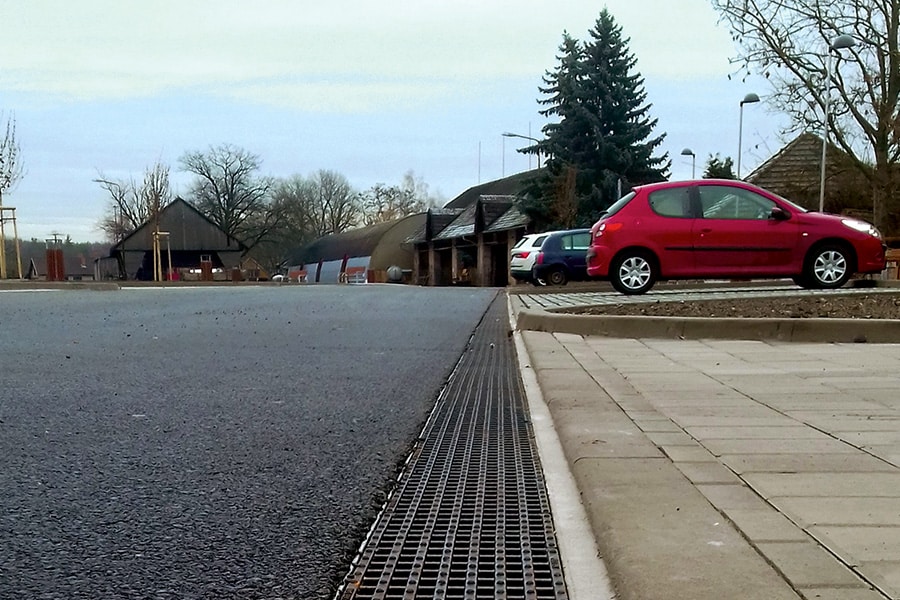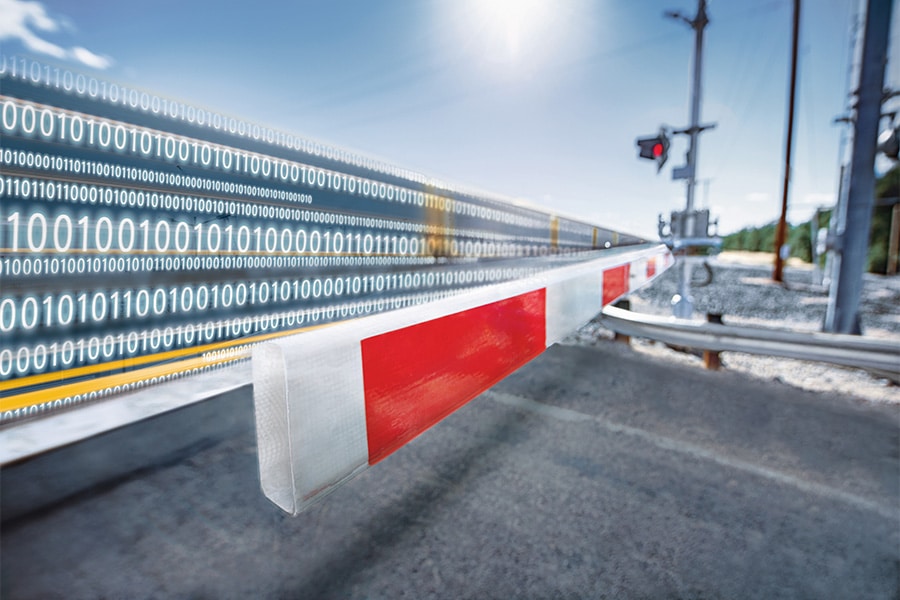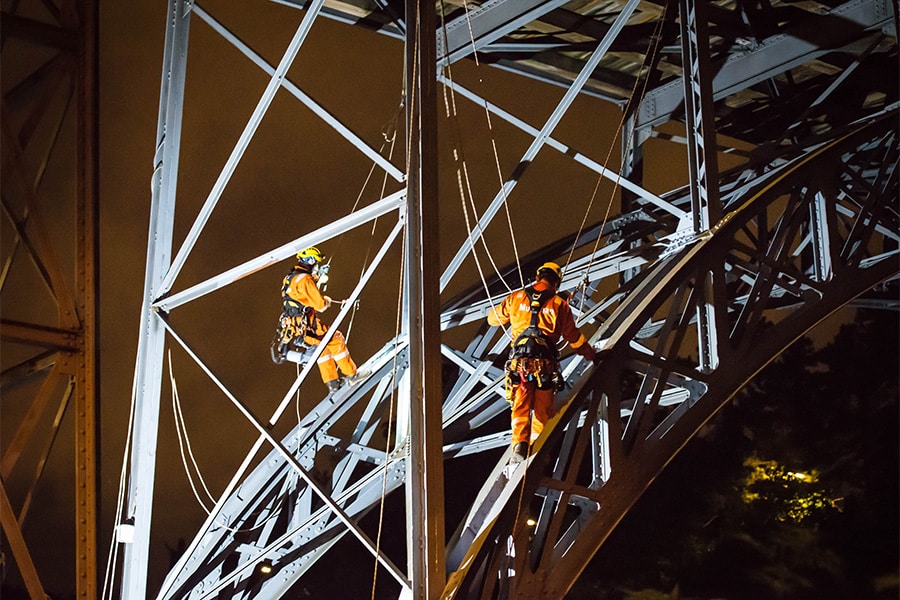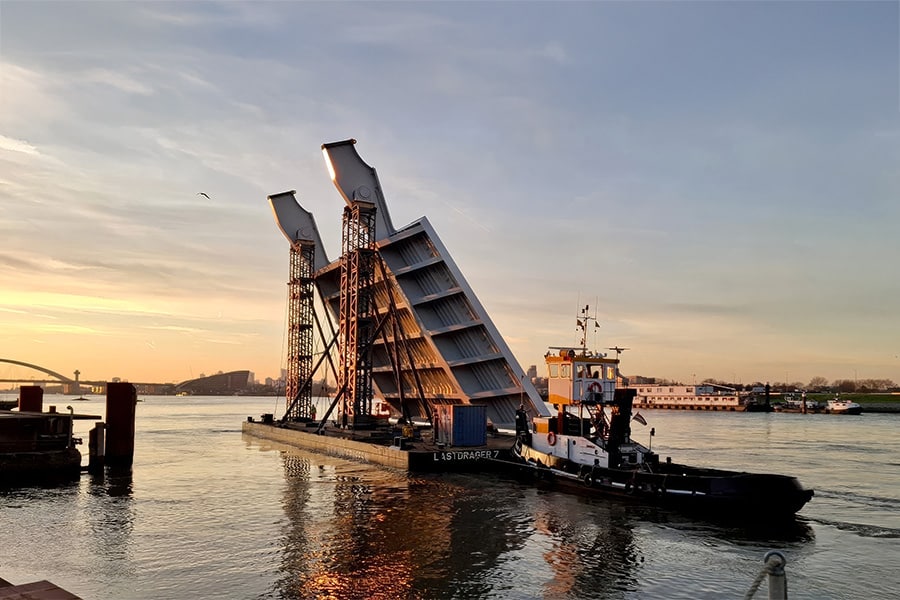
Sustainable and emission-free GWW transport
With a fleet of more than 85 mainly tipper trucks, De Bruyn Transport is an established name in GWW transport. The family business has been investing heavily in electric trucks for several years, plans to build a number of loading docks in the southwestern part of the Netherlands, and even has a separate planning department for emission-free transport. This is necessary with an electric fleet that will grow to approximately 30 vehicles in the coming period.
With an eye on the future, over two years ago we started to investigate how we could run our rides in an even more sustainable way, begins Joeri de Bruyn who, along with sister Tirza, is at the helm of the family business. "We investigated both hydrogen and electric trucks and eventually opted for electric trucks. This initially led to the purchase of four electric trucks, which we were soon able to place with regular clients. Reason enough for us to go straight ahead with another ten electric trucks. And by 2024, we plan to double the size of our electric fleet."

Investing in charging plazas
Investing in electric transport is one thing, making sure the trucks can stay on the road all day is two. "In collaboration with a partner in Schiedam, we set up a new company ETCZ (Eco Truck Charge Zone, ed.) through which we will create various charging plazas for heavy equipment at strategic locations in the South Holland region," Joeri continued. The ETCZ's first loading plaza in Schiedam is already operational. "In addition, we are working emphatically with clients who, like us, have the ambition to be progressive. It requires commitment from both sides, so that we can develop and grow together in this to make emission-free transport possible on a large scale. We strongly believe it can be done, but only with the right parties on board who give 100% commitment to continue working in a sustainable way. And that goes much further than just zero-emission transport from A to B. From the partnerships also come opportunities to increase load factors."

Maximizing load factor
According to Joeri, there is still much to be gained in the tipper market in maximizing load factors. "And there is only one way to do that: by achieving synergy between different clients. So here too, cooperation is the magic word," assures Joeri. "And this is where our loading plazas at the ETCZ will soon contribute. The locations are carefully selected with various partners at strategically and geographically located points near, for example, storage and transfer locations or soil banks. That way we can 'make work with work' and limit the number of kilometers we drive without a load." Of course, this requires thorough coordination and planning, taking into account the electric range. "We deliberately chose to separate the EV planning from the regular planning. Electric transport means a completely different way of thinking and working. You have to look much more ahead and that is not exactly common in tipper transport. Energy management is one of the most important factors in that."
De Bruyn Transport also pays a lot of attention to training drivers in emission-free driving. "It has a huge impact on our employees, we are well aware of that," says Joeri. "In the beginning they are often a bit skeptical in the race, mainly because of the fear of running out of power on the road, but once they have had a taste of electric driving, they don't want anything else. They are much more relaxed behind the wheel, which definitely benefits their own state of mind and safety. Drivers come home rested. A nice by-product of the transition to sustainable and emission-free GWW transport."




